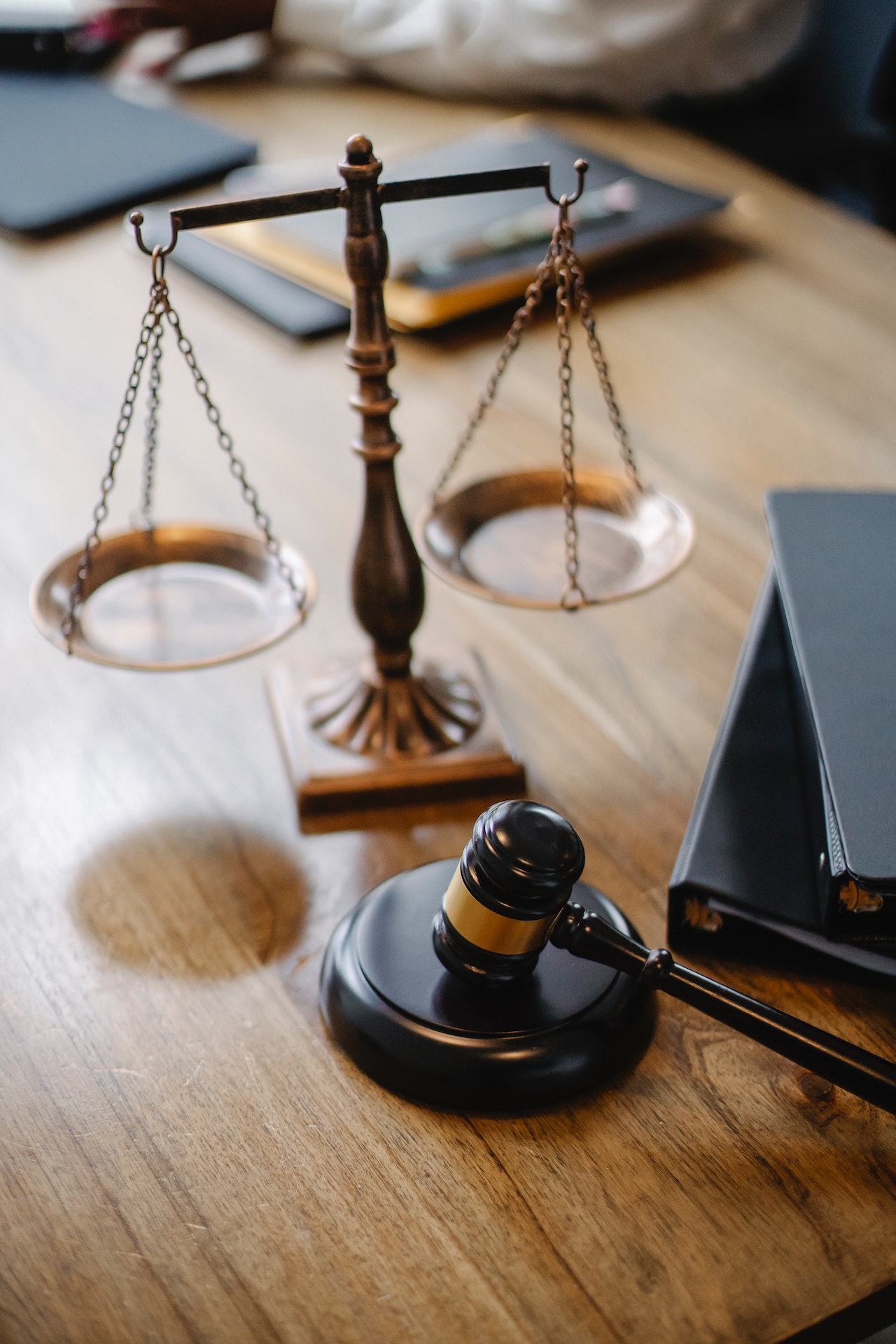In a significant legal victory, Goldman Sachs emerged unscathed on Thursday as a U.S. appeals court ruled against shareholders seeking to proceed with a class action lawsuit accusing the bank of misleading investors about its business practices leading up to the subprime mortgage crisis. The 2nd U.S. Circuit Court of Appeals, based in New York, delivered its verdict in a prolonged case involving pension funds, which had alleged that Goldman Sachs unlawfully concealed conflicts of interest during the creation of risky subprime securities, resulting in losses exceeding $13 billion for investors.
Central to the lawsuit was the claim that the bank’s statements about its capacity to avert conflicts of interest were not sufficiently tied to a subsequent penalty imposed on Goldman Sachs by U.S. authorities in 2010. The penalty related to marketing materials linked to a subprime investment product. The appeals court concluded that these statements did not have a discernible impact on the bank’s stock price.
The lawsuit originated with the Arkansas Teacher Retirement System and other plaintiffs who had purchased Goldman Sachs shares between February 2007 and June 2010. These plaintiffs alleged that the bank, along with three former executives, illicitly obscured conflicts of interest while developing precarious subprime securities. Despite the plaintiffs’ contention that these misleading statements artificially inflated the stock price, the court reasoned that seemingly generic declarations such as “integrity and honesty are at the heart of our business” lacked the specificity necessary to influence stock value.
The lawsuit’s genesis can be traced back to Goldman Sachs’ involvement in marketing collateralized debt obligations, most notably the Abacus 2007 AC-1, a project developed alongside hedge fund manager John Paulson. In 2010, the bank settled with the U.S. Securities and Exchange Commission for $550 million, putting to rest allegations that it deceived Abacus investors by withholding information about Paulson’s role. Paulson reportedly profited substantially from betting against the success of collateralized debt obligations.
Citing a pivotal 2021 U.S. Supreme Court decision, the 2nd Circuit invoked the ruling to determine that Goldman Sachs had effectively demonstrated that its statements had not artificially inflated its stock price. The court’s rationale rested on the assertion that these statements lacked a substantive connection to subsequent disclosures. Representatives of Goldman Sachs and legal counsels for the investors declined to provide immediate comments in response to the ruling.
Source: Reuters



